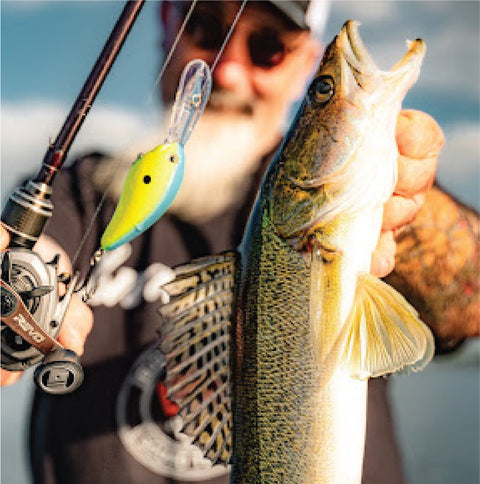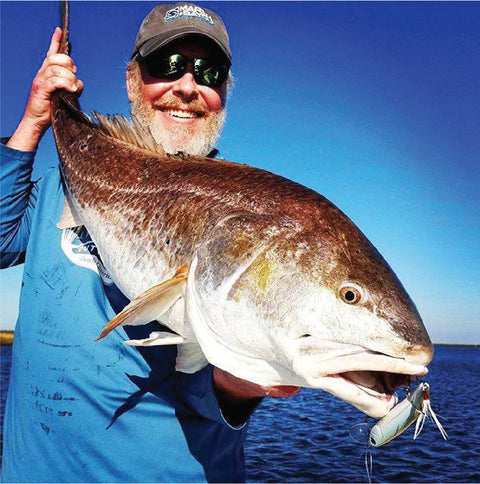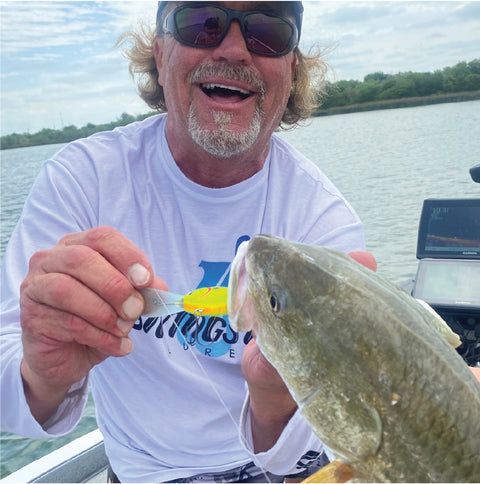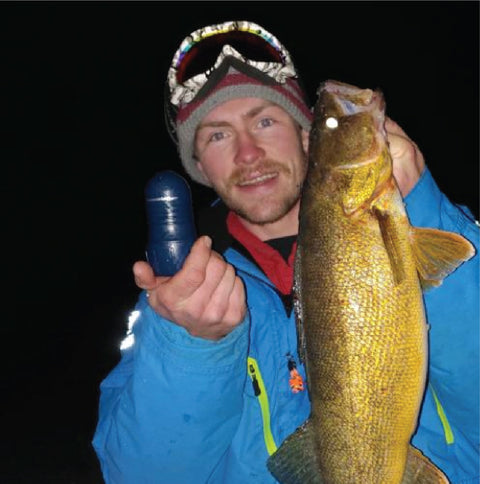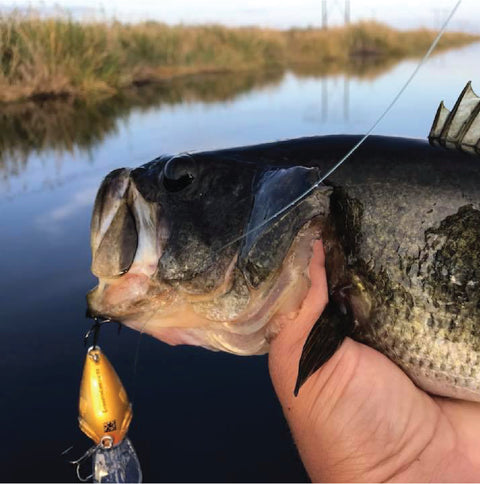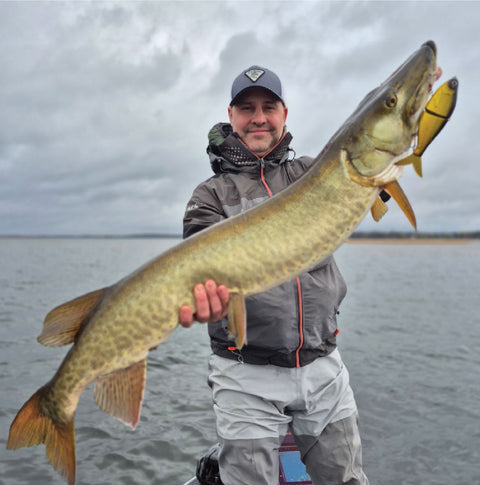Laker Howell's Winning Streak : Fish Tales Podcast
In this episode of the Fish Tales podcast we welcome Laker Howell, a rising star in professional bass fishing and a member of the Livingston Lures pro staff. The episode, filled with high-energy banter and insider fishing tales, spotlighted Howell’s recent victories at Leech Lake and Lake Wheeler, his strategic brilliance, and his journey from a fishing-obsessed kid to a tournament-dominating angler. Here’s a recap of the key moments and insights from the conversation.

Laker Howell: In the Zone
Byron Velvick kicked off the podcast by hyping up Laker Howell’s incredible hot streak, describing him as being “in the zone” after back-to-back wins at Leech Lake and Lake Wheeler. Howell, the son of legendary angler Randy Howell, shared how his Leech Lake victory was an unexpected triumph, celebrated quietly with his roommate Andrew Banky (son of former Mercury Outboards executive Pam Banky) by watching Batman on an Xbox. The Lake Wheeler win, however, was a planned conquest, with Howell confidently declaring months in advance that he would dominate the tournament using a Livingston Walking Boss lure.
The Magic of Lake Wheeler
Howell’s success at Lake Wheeler was a masterclass in strategy and persistence. He revealed how he targeted a specific spot—a narrow section of the Tennessee River with unique current patterns and a submerged bar—that he had to himself for two consecutive years. This “Laker’s Bay” produced a third-place finish the previous year and a stunning victory this time, netting him $110,000 over two years using the Walking Boss. Howell described the spot’s appeal: a large, wild game reserve area with a seam of current and grass beds that held big bass. The key? The Walking Boss’s EBS™ (Electronic Baitfish Sound) technology, which he credits for luring fish even when the bait was stationary.
On day one, Howell didn’t get a bite until 9 a.m., but once he dialed in, the fish “blew up” his lure so loudly that a nearby competitor could hear it. By day two, he locked down the spot, power-poling to keep others at bay and catching 25 pounds by lunchtime. The final day saw a respectful competitor give Howell the area, allowing him to seal the win with a slower, deliberate cadence that maximized the lure’s sound attraction.
The Livingston Walking Boss: A Game-Changer
Both Velvick and Howell raved about the Livingston Walking Boss, emphasizing its ease of use and the revolutionary EBS™ technology. Howell shared a gripping story of a four-pound bass trailing his lure for multiple casts, captured on drone footage, proving the sound’s ability to “talk” fish into biting. Velvick recounted a similar experience from a previous podcast with Rick Clunn, who used the Walking Boss to great effect at Lake Mead, and shared a memorable anecdote about a Bass Pro Shops tank demo where every fish—bass, carp, gar, and catfish—swarmed a stationary Livingston crankbait due to its EBS™ sound.
Howell’s Journey: From Campground Kid to Pro
Howell’s fishing career began under the influence of his father, Randy Howell, though he faced initial resistance. At 13, standing six feet tall, Howell was obsessed with fishing but was pushed toward basketball due to family rules. It wasn’t until Alabama’s Tebow Bill allowed homeschooled kids like him to join school sports that he could compete on the high school fishing team, with his dad as boat captain. Howell’s early years were marked by learning through trial and error, fishing Guntersville’s grass beds every day and eventually entering his first solo tournament at 16—a BFL super tournament where he finished seventh and earned $962, a check he still has framed.
His college stint at Bryan College was short-lived, as Howell felt it wouldn’t advance his career. Instead, he dove into the Toyota Series at 18, funding his own way after an initial parental investment. His first year was brutal, with only one check in nine events, but a pivotal shift came in his second year. Howell adopted a no-practice approach for BFL tournaments, forcing himself to make decisions under pressure. This “learn by fire” strategy led to seven checks in nine events the following year, culminating in a sixth-place finish at the St. Johns River and a berth in the BFL All-American.

The One That Got Away
In the podcast’s “One That Got Away” segment, Howell reflected on his second-place finish at Santee Cooper the previous year. Averaging 27 pounds a day, he was edged out by local guide Kyle Austin’s 31-pound day. A shortened final day due to a storm and a competitor sharing his spot on day two left Howell wondering “what if.” Yet, he remains focused on the present, with his 2025 season already surpassing last year’s achievements.
Key Takeaways for Aspiring Anglers
Howell and Velvick’s conversation was a goldmine of advice for tournament anglers:
-
Fish the Moment: Howell’s no-practice approach emphasizes adaptability and decision-making under pressure, a trait shared by legends like Jacob Wheeler and Skeet Reese.
-
Trust Your Instincts: Both anglers stressed fishing “free,” avoiding over-reliance on waypoints or preconceived plans.
-
Leverage Technology: The Livingston Walking Boss’s EBS™ technology was a game-changer, drawing fish even when stationary.
-
Tournament Experience is Key: Howell’s rapid improvement came from fishing as many tournaments as possible, learning to handle pressure and make quick decisions.




